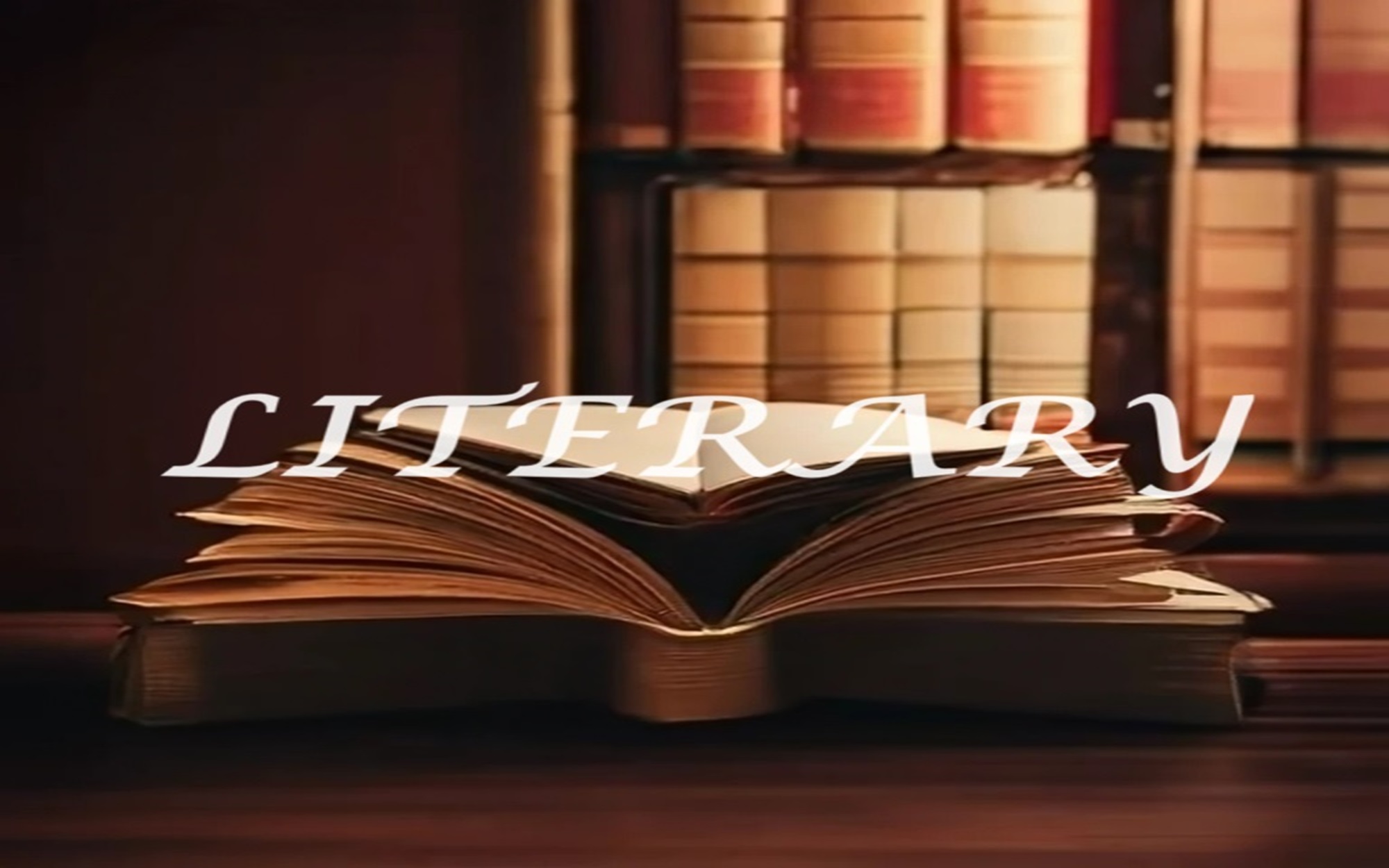Not many playwrights possess the outlook of one wise spectator while penning their stories. Honestly, most dramatists act as propagandists in depicting the plot of their wordy creations. However, John Galsworthy’s neutrality in portraying prevalent social problems opens up his impartial outlook bathed in a faint aroma of partiality to some extent.
Galsworthy’s social tragedies like Loyalties, Strife, and Justice are undoubtedly the most potent studies that depict the social ills that are breathing acutely in human society. These tragic dramas bear the courage to exhibit the valor of producing a dramatist’s outspoken opinions on a number of specific social affairs. And, this trait, no doubt, presents John Galsworthy’s neutrality as a natural artistry. Undeniably, this impartial nature emerges as the working force of the playwright to portray things as they are.
Galsworthy has never hesitated to proceed with an impartial mindset to address several social problems:
In his social tragedies, John Galsworthy never hesitates to approach dispassionately to address various acute social problems and typical tendencies. He discloses the viewpoints of both the plaintiff and the defendant. His words in the plays identify him as a wise spectator and, simultaneously, a judge who reviews the social affairs visible in human society. In truth, the dramatist maintains a neutral attitude towards social problems and reviews every point that genuinely comes before him without unveiling his desire to favor a particular side of the contestant parties.
Galsworthy’s attempt to maintain an impartial attitude in addressing the prevalent social affairs is evident in his plays. In ‘Loyalties,’ he presents different social leanings through the judge’s neutral perception. In ‘Justice,’ his genuine sympathy for the judge, Mr. James How, is also visible, whereas ‘Strife’ uncovers the conflict between the labor class and the capital. However, the playwright shows no inclination towards any side. His sole aim is to portray the devastating outcome of the uncompromising conflict between the labor class and the capital.
John Galsworthy has tried his best to set up an impartial viewpoint through his carefully chosen words while portraying all conflicts ruling in social life:
It is indeed true that John Galsworthy has strived to establish an unbiased view through his words regarding all conflicts ruling in social life. But, after all the above discussion, a million-dollar question is whether he has ultimately succeeded in preserving neutrality. The reason is minute reviews of every corner of the tragic plays reveal a faint mist of biases or partisanship to some extent in John Galsworthy’s neutrality.
Galsworthy’s partisanship emerges through some sudden occasions taking place in his plays, casual conversation, and observation of some specific characters. In Loyalties, the dramatist hints, besides pointing out the fault of the prejudiced or biased society. With a fair argument, he has silently pointed out the vicious outcomes of sticking narrowly to a particular social prejudice.
Also, in the play Justice, the noteworthy arguments of the defence lawyer demonstrate John Galsworthy’s criticism of the so-called legal justice. The faulty, brutal prison administration and the ruthless system of solitary confinement are badly exposed in the play. In reality, the playwright painfully portrays how the so-called perfect justice system and the biased social mentality acquire a severe attitude to punish the guilty. For sure, the whole system is devoid of the human conscience.
One thing is evident from the above review: it is difficult for a person with a human conscience to keep his eyes shut toward the burning issues of the legal system and social ills. That means maintaining complete neutrality is a challenging task to perform. And as a human being with a fair human conscience, Galsworthy, somehow or other, has ultimately given out his opinions that reveal his partial nature even in his impartial attitude.
John Galsworthy’s neutrality receives the tag of the faint aroma of partiality when the author tries to produce his opinions in his creations:
There is no denying that John Galsworthy has tried his best to maintain a robust neutrality while drawing social problems in his plays. His words and expressions undeniably look far more neutral than those writers who often claim to remain impartial. The eminent English playwright’s portrayal of words indeed shows his unbiased view.
However, when the time comes to produce opinions, John Galsworthy’s neutrality receives the tag of the faint aroma of partiality. And this, to some extent, raises the question about Galsworthy’s mastery as a neutral artist.
As a possessor of spontaneous art, he is undoubtedly not a propagandist like other dramatists, but still, his inclination towards some specific views is understandable and noted. There is no denying that partiality is present in Galsworthy’s views or opinions with a fair artistic touch, which, in other words, is a feature of dramatic art. And, there is no question of awkwardness in displaying partisanship in the form of a faint aroma, as it is visible in John Galsworthy’s neutrality.
Also read:
Can Galsworthy’s Dramatic Genius Be Named As John Galsworthy’s Quality?



